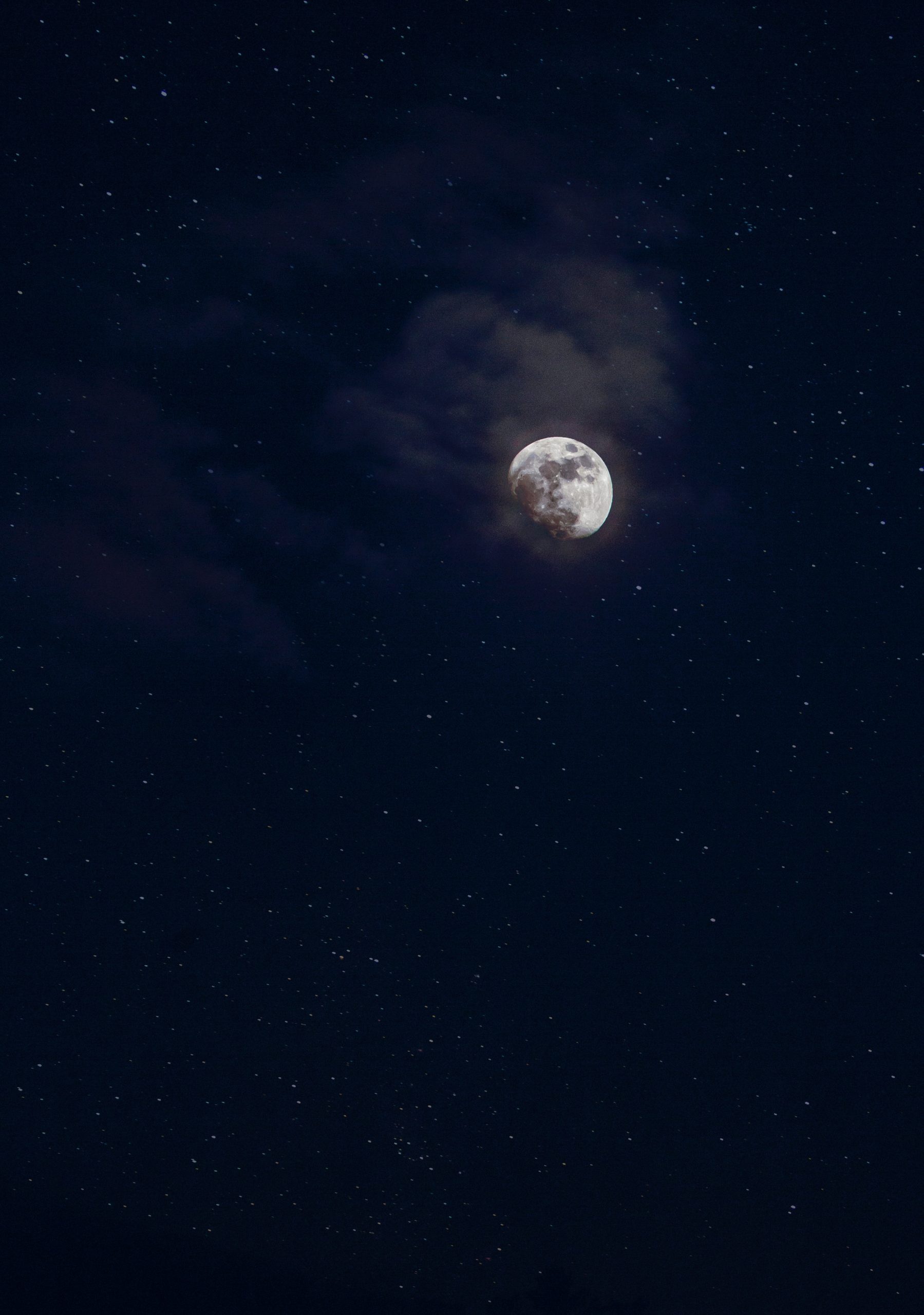Celtic Moon Goddess Names: Exploring the Mystical Lunar Deities of Celtic Mythology
The moon has captivated humanity’s imagination throughout history, inspiring countless myths, legends, and spiritual beliefs. In Celtic mythology, the moon held great significance, and several powerful goddesses were associated with its lunar energy. These Celtic moon goddesses embodied different aspects of the moon’s power, from its waxing and waning cycles to its radiant beauty and mystical allure.
1. Arianrhod
Arianrhod, pronounced ahr-ee-AHN-rhohd, is a Welsh moon goddess whose name translates to “silver wheel.” She is often depicted as a maiden spinning a celestial wheel that controls the moon’s phases and cycles. Arianrhod symbolizes the eternal cycle of life, death, and rebirth, reflecting the moon’s transformation from crescent to full each month. She is also associated with fertility, magic, and feminine intuition.
According to legend, Arianrhod’s most famous story revolves around her son, Lleu Llaw Gyffes, who was born without a father. When Arianrhod saw the baby, she placed him under a spell, challenging his claim to inherit her magical powers. However, Lleu’s uncle, Gwydion, helped him overcome these challenges, allowing him to claim his birthright.
2. Cerridwen
Cerridwen, pronounced KER-i-dwen, is a Welsh goddess associated with the moon, magic, and transformation. Often depicted as a wise crone, she represents the darker aspects of the moon, such as the waning phase and the mysteries of the underworld. Cerridwen is revered as the goddess of wisdom, inspiration, and divine knowledge.
One of the most famous stories involving Cerridwen is the tale of her cauldron of knowledge. Cerridwen brewed a magical potion in her cauldron, intending it to grant extraordinary wisdom to her son, Afagddu. However, the young boy’s fate was changed when a blind young man named Taliesin accidentally consumed the potion, gaining immense knowledge and poetic inspiration.
3. Selene
Selene, pronounced suh-LEE-nee, is not strictly a Celtic goddess, but her influence extends into Celtic mythology through the Roman influence on Celtic culture. Selene is the Greek goddess of the moon, often depicted as a beautiful woman riding a silver chariot across the night sky. She guides the moon’s movement with her brilliant light, illuminating the darkness and inspiring awe in mortals.
In Roman mythology, Selene is associated with Luna, the Roman goddess of the moon. She was often invoked during lunar rituals, particularly those related to fertility, healing, and divination. While Celtic mythology predates significant Roman influence, the fusion of cultural elements introduced Selene into Celtic belief systems.
4. Grainne
Grainne, pronounced GRAWN-yuh, is an Irish goddess associated with the cycles of the moon, fertility, and abundance. She embodies the fullness and ripeness of nature, often depicted holding a cornucopia overflowing with fruits and grains. Grainne personifies the nurturing and life-giving qualities of the moon, bestowing blessings upon the land and its people.
One of the most well-known legends surrounding Grainne involves her relationship with the hero Diarmuid. Despite being married to Fionn mac Cumhaill, the leader of the Fianna warriors, Grainne fell in love with Diarmuid. Their love affair was marked by various trials and adventures, ultimately leading to their tragic demise.
5. Deirdre
Deirdre, pronounced DEER-dreh, is another Irish goddess associated with the moon and its emotional aspects. She embodies love, beauty, and passionate desire, often associated with the moon’s alluring and seductive influence. Deirdre is often depicted as a tragic figure, her story reflecting the moon’s association with change, longing, and the inevitable passage of time.
The tale of Deirdre revolves around her ill-fated romance with Naoise, a warrior of great beauty and skill. Despite warnings of the future tragedy that awaited them, Deirdre and Naoise eloped, seeking love and happiness away from the constraints of society. However, their tale ended in treachery and heartbreak.
6. Rhiannon
Rhiannon, pronounced ree-AN-un, is a Welsh goddess associated with the moon, horses, and the cycle of life. Known as the “Great Queen,” Rhiannon embodies sovereignty, endurance, and the power of transformation. She rides a white horse and is often associated with the moon’s journey across the night sky.
Rhiannon’s most famous tale revolves around the disappearance and reappearance of her child. Blamed for the disappearance, Rhiannon faced unjust accusations until her son was found years later in the care of another family, unharmed and disguised as a beautiful young man. This story highlights Rhiannon’s resilience and enduring love for her child.
Conclusion
Celtic mythology is rich with stories of goddesses who personify the moon’s captivating energy. From Arianrhod’s silver wheel to Cerridwen’s cauldron of transformation, these goddesses offer profound spiritual lessons and insights into the mysteries of the moon. Whether associated with fertility, wisdom, love, or endurance, each Celtic moon goddess represents a unique facet of lunar power, reminding us of the eternal cycles and transformative forces that shape our lives.
By exploring the myths and legends surrounding these Celtic moon goddesses, we gain a deeper understanding of the moon’s influence in Celtic culture and the spirituality and symbolism associated with its majestic presence in the night sky.
Table of Contents
